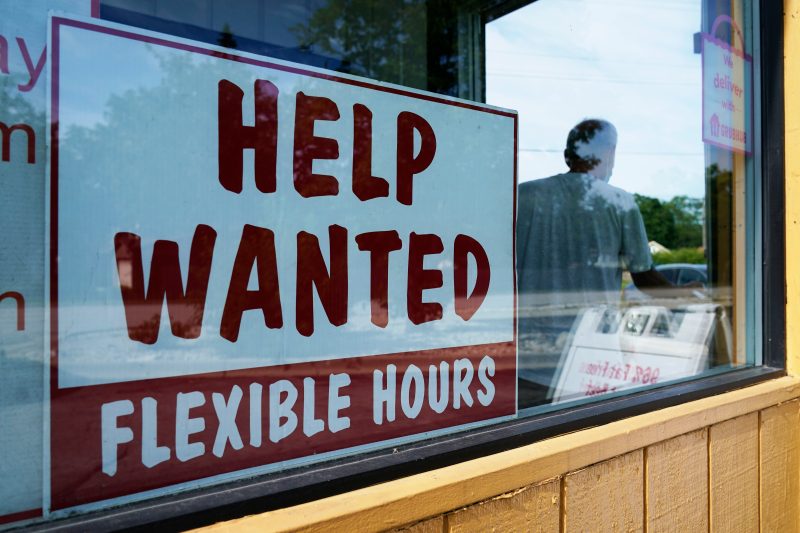There’s an ongoing debate in political circles about the divide between how Americans view their own economic situation and that of the country overall. Polling has consistently shown robust personal economic confidence when Americans are asked — but ongoing skepticism about the national picture.
Such a divergence isn’t unusual, really. For years, Americans have expressed that they are doing well despite viewing the national economy as gloomy. Similar splits occur elsewhere, too, with Americans generally viewing their own neighborhoods as safe while far fewer say the same about the United States overall.
What makes the current debate over the economy so potent, though, are two factors. On objective measures like employment or stock prices, the economy is doing well. An oft-predicted recession never materialized. The other factor, of course, is that Americans feeling pessimistic about the economy despite that strength is not a good sign for President Biden and, by extension, his supporters.
Earlier this week, the team at the polling firm YouGov released new data measuring how views of Americans’ personal situations diverge from their assessments of the country or Americans as a whole. Asked about 14 things, from “access to health care’” to their “romantic life,” respondents consistently rated their own situation more positively than Americans as a whole.
The average difference was about 20 points, with the smallest gulf on “recreational opportunities” and the widest on “mental health.” In other words, Americans are more likely to say their own mental health is “good” or “excellent” than they are to say the same of other Americans. By itself, that’s revealing. (The next two widest gulfs were on “personal safety” — Americans think distant others are more imperiled, it seems — and “physical health.”)
As you’d expect, the percentage of respondents saying a situation is “terrible” runs the opposite direction. Nearly a third of respondents said the national situation on affordable housing is “terrible,” while a quarter said national political representation is that bad and a fifth said the same of … the nation’s economic situation.
If we break out the divides by party, we see some differences. Among Democrats, for example, the widest divide between personal and national situations come in “access to health care” and “personal safety.”
For Republicans, it’s “mental health.”
Notice, though, that the divisions on “economic situation” and “employment situation” aren’t that different. If we show the differences between personal and national for each of the two parties, you can see that Republicans are generally more pessimistic (more to the left on the chart) than the Democrats, the drop in estimations of the national picture are mostly equivalent.
Political representation is interesting since the drop-off among Republicans when moving from personal to national is smaller — perhaps because there was less space to fall.
Across the 14 categories, though, Democrats and Republicans saw generally equivalent drops — on average, Democrats were 25 points more skeptical of national than their personal situations, while Republicans were 23 points more skeptical.
The problem for Biden is that members of both parties were around 20 points more skeptical on the national economy and employment than on their own situations.


